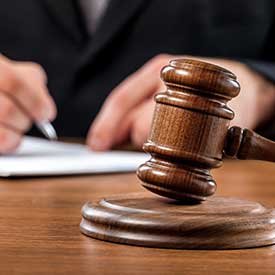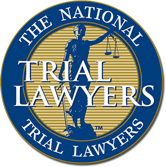
Winning a Judgment and Then Collecting on It
- December 20 2016
- Depositions
When you depose an individual defendant, you may get into their financial background to see if it is worth pursuing a case against that individual over and above the amount of their insurance. Sometimes during the discovery process, if you determine the insured doesn’t have the means to pay anything over and above what the […]











